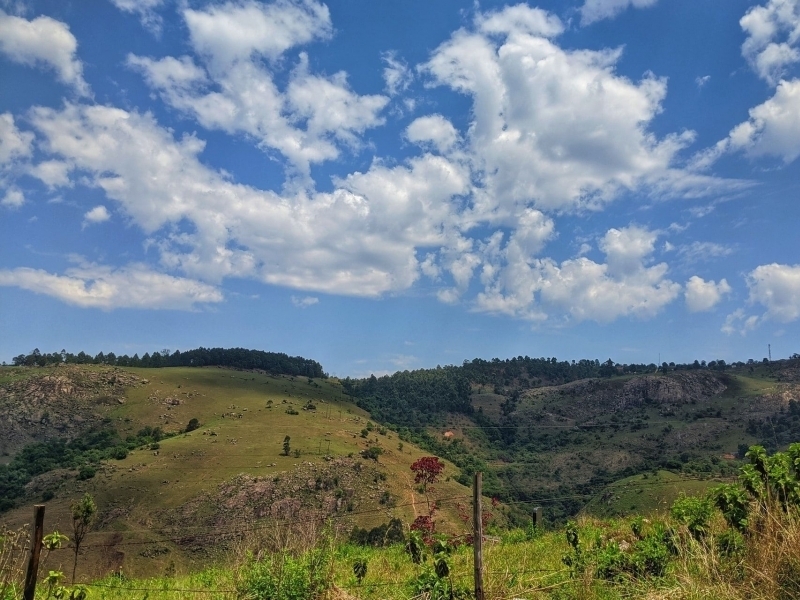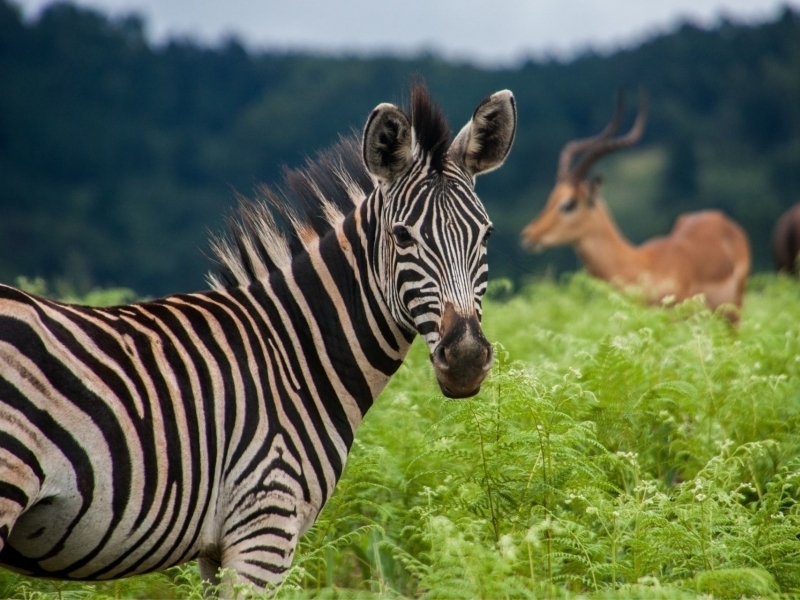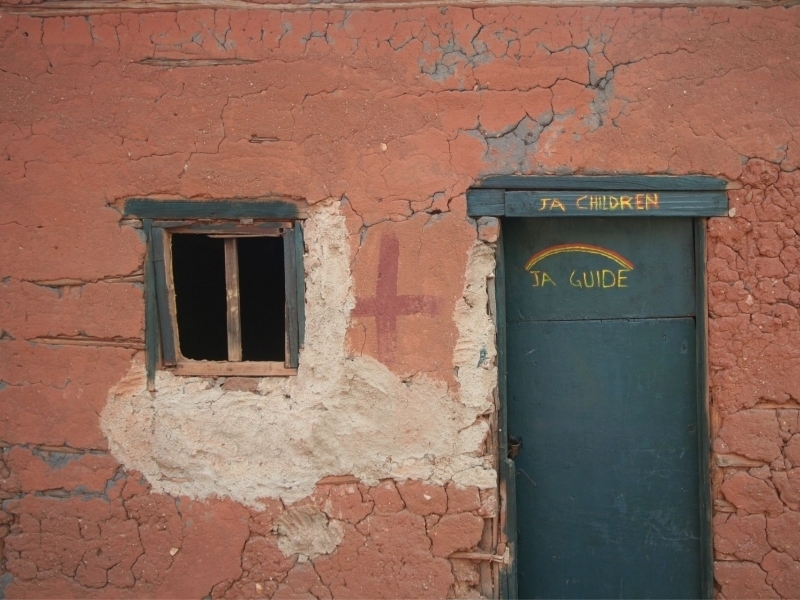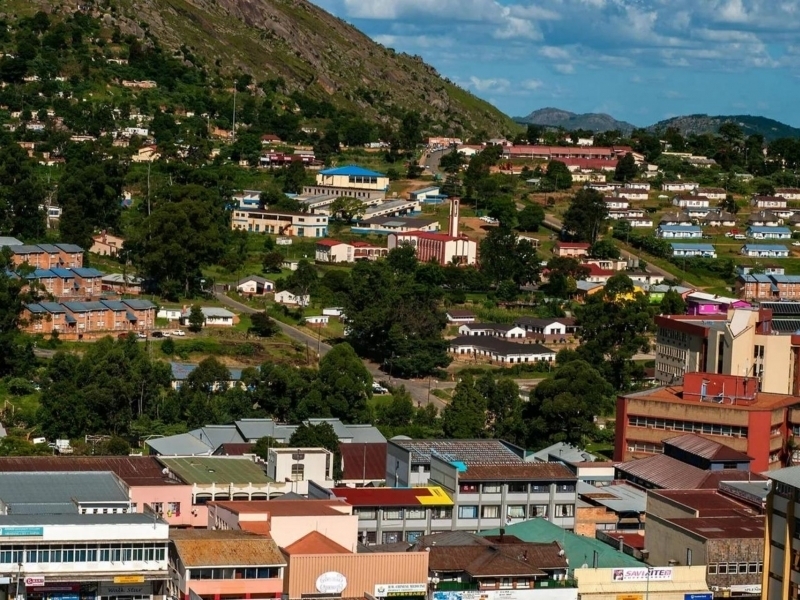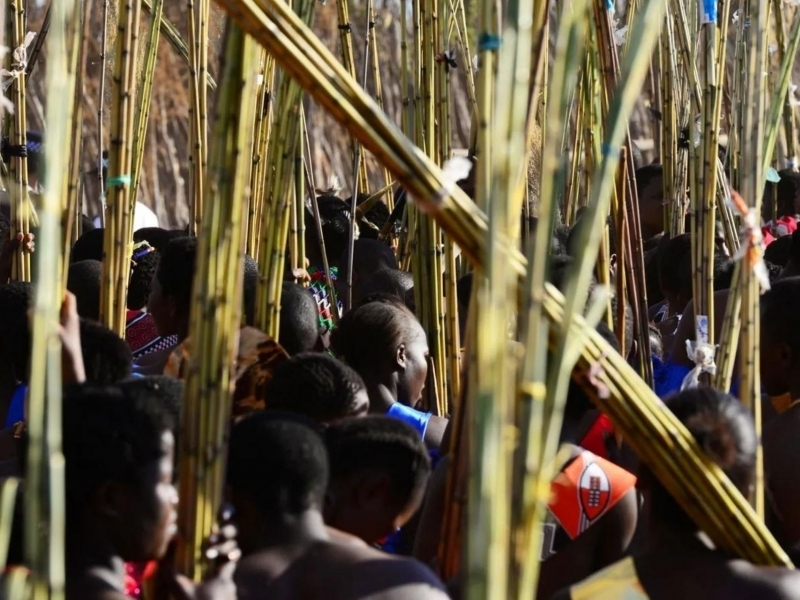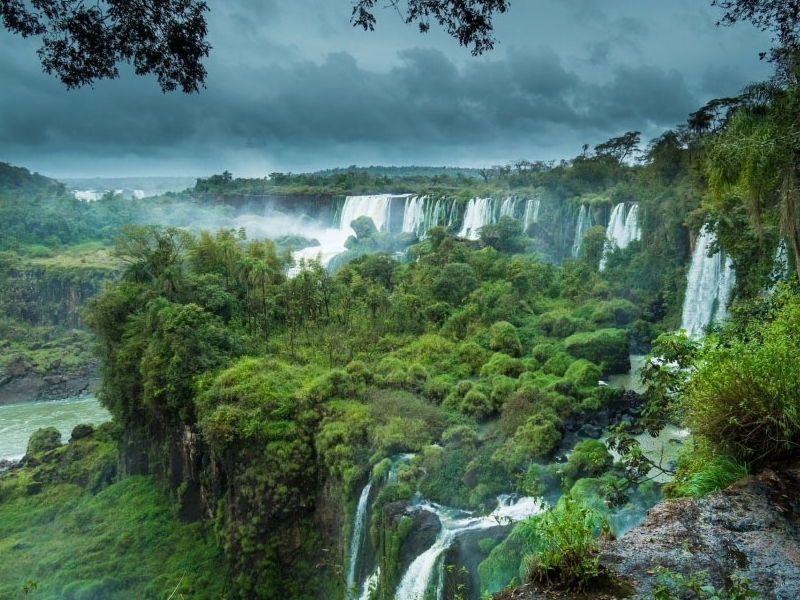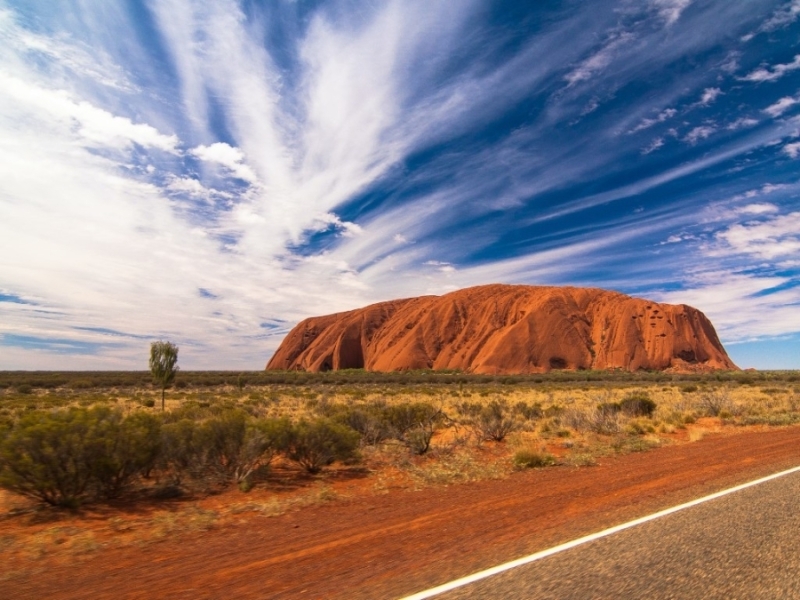News and Testimonials
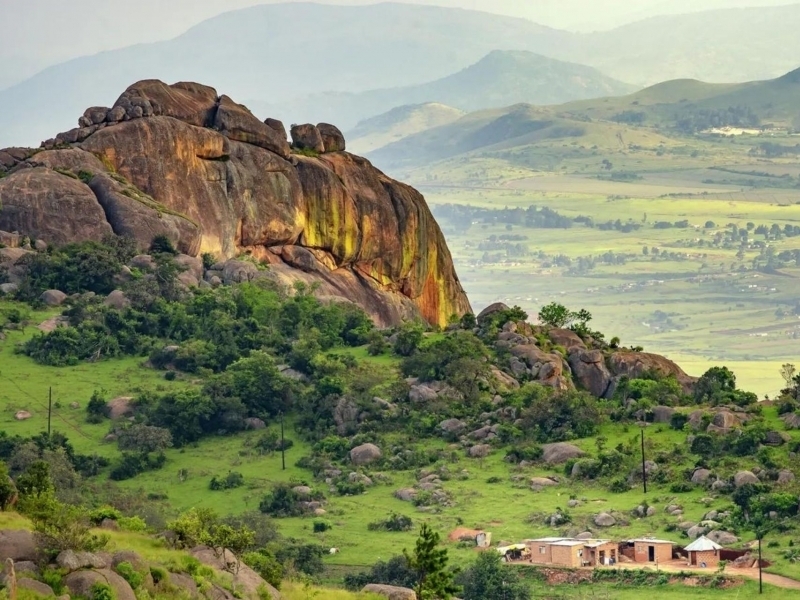
How a country reclaimed its rightful name
Last April, Swaziland’s King Mswati III made a surprise announcement: the African country would again be known by its indigenous name, eSwatini.
For Swaziland’s 50th anniversary of independence from British rule last April, the country’s King Mswati III made a surprise announcement: the African country would no longer be called by its colonial name. Instead, the land would again be known by its indigenous name, eSwatini, meaning ‘the land of the Swazis’.
The announcement didn’t come without some initial confusion. “In siSwati, translated literally, the king said ‘the kingdom of eSwatini will now be known as the kingdom of eSwatini’.” said Jessica Elliott, an American who writes the travel blog How Dare She, who was present for the Golden Jubilee event. “It wasn't until the English translation was spoken over the speakers that people understood and reacted. It got a surprised, but enthusiastic applause.”
Jiggs Thorne, who was born in eSwatini and founded the country’s annual Bushfire Music Festival, was also surprised, but pleased the country reclaimed its rightful name. “Country name changes are not a common occurrence of course,” he said. “The change hasn’t impacted our festival but is probably most apparent when we attend music expos as a festival from eSwatini and most of the delegates have no idea of who we are and where we are from.”
Though marketing the new name has been challenging as the rest of the world learns it, residents are overwhelmingly pleased with the change. We talked to some of them to understand the pride in a country with the world’s newest name.
Why do people love it?
The landlocked country in south-eastern Africa may be small in size, but its scenery is diverse with both a cool mountainous region and a hot and dry lowland region. Progressive environmental laws have protected the landscapes, which remain a primary draw for new residents and visitors.
“I came to Swaziland for two weeks for a temporary job and never left,” said Ruth Buck who owns the Foresters Arms Hotel, 30km south-west of Mbabane, and is originally from South Africa. “I love driving along the country roads and enjoying the ever-changing scenery, and the lively Swazi markets. It is such a beautiful country with a warm atmosphere, it was easy to stay.” Buck also felt welcomed by the people, whom she found to be friendly, humorous and generous.
Robert Jupp, managing director of the Mantenga Lodge, who is originally from eSwatini, returned to the country after studying in South Africa. “I love the peace, the natural beauty, freedom, friendly people and climate,” he said, adding the small size makes it easy to navigate, and people are friendly and willing to help newcomers find their way.
What is it like living here?
It is such a beautiful country with a warm atmosphere
The country’s two major urban centres, Mbabane (the capital) and Manzini (the largest city), are still small by other countries’ standards (just 76,000 and 110,000 residents respectively), and the pace remains laid-back with people rarely in a rush. “We are always taking our time with everything... and I mean everything,” Mthupha said. “We are very leisurely and relaxed.”
Most residents speak both English and siSwati, but residents appreciate the use of siSwati in greetings and goodbyes – and those friendly salutations remain an important part of the culture. “We still believe in greeting total strangers,” Mthupha said. “We are such a peace-loving, kind, humble and optimistic country. Anyone coming into the country can always attest to the fact that we are very humble and loving.”
“You can't help but admire the natural beauty of the country with its beautiful mountains and landscape. How green it is and its wildlife,” said Lindokuhle Mthupha who lives in the capital of Mbabane. “Our game reserves are always the first stop for most tourists.”
Celebrating the country’s cultural heritage is also an important part of living here. “We have so many cultural ceremonies that have always attracted throngs of people, and that is where we truly celebrate being LiSwati [the name for the Swazi people]!” Mthupha said.
Source: BBC

